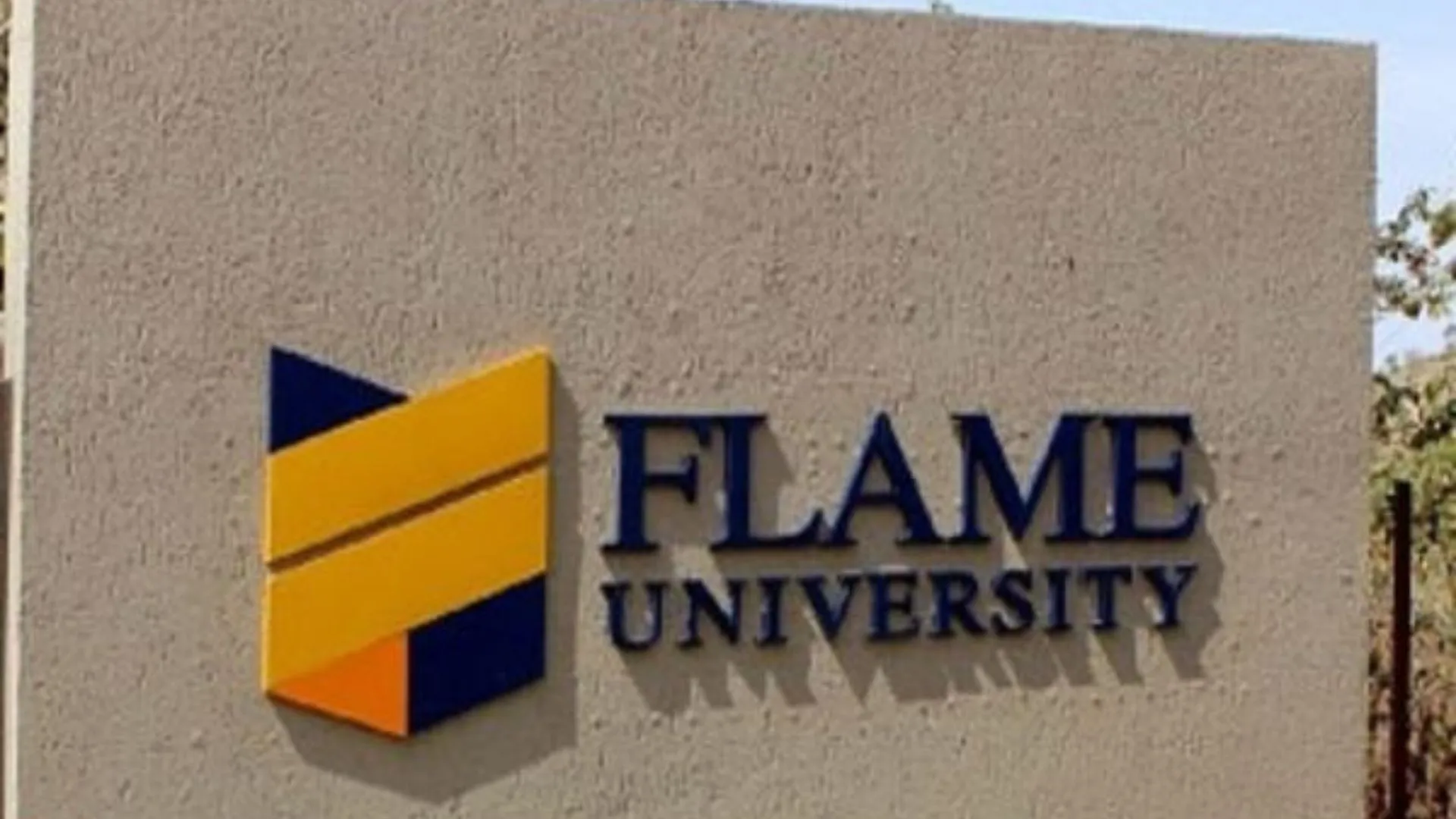In a bid to revive and reframe India’s intellectual legacy, The India Centre at FLAME University is leading a powerful academic movement to reintroduce indigenous knowledge systems through an Indo-centric lens. Speaking to The Daily Guardian, Prof. Pankaj Jain and Dr. Sanchari Basu Chaudhuri explain the growing relevance of Indian philosophies, the need to decolonize knowledge, and how Gen Z is rediscovering traditional wisdom in an era defined by AI, climate change, and global uncertainty.
- What was the driving force behind establishing the India Centre at FLAME University, and why is there a growing need to reimagine India’s knowledge systems through an Indo-centric lens today?
A: The India Centre at FLAME University was established to bring India’s intellectual and cultural traditions into mainstream conversations. There is a growing realization about the disconnect with the Indian intellectual traditions as we see our society through colonial and Eurocentric frameworks. At The India Centre, we develop new frameworks, categories, and strategies to study Indian civilization from several disciplines, including a religious, philosophical, or sociological lens. It becomes necessary to reimagine India’s knowledge systems through an Indo-centric lens as the world approaches indigenous knowledge to address contemporary challenges. For instance, different Sanskrit texts have already mentioned the relevance of a multifaceted education system that incorporates various sciences and arts. The world discovered this model of education much later. Additionally, India’s intellectual traditions offer rich knowledge on sustainability, philosophy, governance, and individual well-being.
- Much of India’s traditional knowledge has long been viewed through colonial or Western academic frameworks. How can we work towards decolonizing this narrative and reintroducing India’s intellectual legacy on its terms?
A: To decolonize knowledge and reinterpret our culture, it is necessary to understand the texts. In the context in which it was written. For this, we must be able to engage with sources in Sanskrit, Prakrit, Pali, and regional languages rather than relying solely on secondary translations. Addressing the multiplicity of our traditions and knowledge also becomes necessary to preserve our epistemologies. Our curricula must allow the students to explore such diverse indigenous knowledge traditions, some of which still exist in India. However, we must also develop a rigorous mechanism of internal critique within the Indian intellectual framework to ensure that all knowledge produced is evidence-based.
- What are some powerful but lesser-known Indian philosophies or traditions that have resonated with global audiences or scholars?
A: Several Indian philosophical traditions have had a profound global influence beyond Vedanta and Buddhism. Samkhya, one of the oldest schools, presents a dualistic framework distinguishing Purusha (sentient self) from Prakriti (material world). Prioritizing logical reasoning and systematic knowledge classification has influenced psychology and cognitive sciences. In contrast, Kashmir Shaivism is a non-dualistic tradition emphasizing Universal Consciousness (Chit), viewing the phenomenal world (Śakti) as a real, dynamic manifestation. Meanwhile, Syādvāda, a Jain doctrine, highlights the conditional nature of judgments, advocating multi-perspectival thinking. It aligns with pluralistic discourses, offering a nuanced approach to understanding complex realities.
- In an era of AI, climate change, and rapid digitization, it is crucial to understand how younger students respond to subjects like Indology, temple studies, or original texts in Sanskrit and Prakrit. Are we witnessing a revival in interest among Gen Z?
A: India’s intellectual traditions are experiencing a revival, but generations of knowledge have been lost. This has eroded languages, cultural practices, and traditional wisdom. While Gen Z shows renewed interest, expecting immediate adoption is unrealistic, given that past generations were conditioned to view the West as aspirational. One of the ways this interest can be revived is through exploring heritage sites in India. Mandu, for instance, is a case of architectural ingenuity. Unlike modern structures, its joints were made of lentil paste and gum. However, the current generation’s curiosity about India’s past offers hope. It is important to provide them with knowledge, exposure, and opportunities to reconstruct India’s intellectual heritage for its time.
- There has been a significant push for reintroducing Indian knowledge systems into mainstream education, including through the NEP 2020. What role can universities play in preserving and promoting indigenous wisdom?
A: Universities play a significant role in preserving and promoting indigenous wisdom. One of the most important steps that can be taken is to establish research centers dedicated to Indian Knowledge Systems (IKS). The focus on IKS can contribute valuable insights to global scholarship, especially as Eurocentric models face limitations in addressing fundamental societal questions, such as those related to cultural diversity and sustainability. Already, many universities are involved in digitizing ancient manuscripts, oral traditions, and historical knowledge for future generations. This knowledge must be documented or translated with the help of their practitioners or experts. Universities must build experiential learning in their curricula through field visits and projects so that the students can understand Indian traditions and cultures by bridging the gap between classroom learning and the field.
6. How can India create accessible, impactful work that extends beyond academic circles and into the public consciousness?
A: As we live in the digital world, academic discussions can be communicated to the public through podcasts and other forms of storytelling. It must be made available in vernacular languages to engage a wider audience. This exercise will enrich research as we learn about its relevance to the contemporary world. Academic knowledge should be tied back to community engagement initiatives, where it can test its limitations, prompting necessary accommodations to the existing knowledge. Indian knowledge should be accessible through public lectures, interactive museum exhibits, and heritage walks that bring India’s intellectual and cultural history to life.
Authored by Prof. Pankaj Jain, Director, The India Centre Professor & HOD, Humanities and Languages, FLAME University & Dr. Sanchari Basu Chaudhuri, Fellow,The India Centre, FLAME University






















